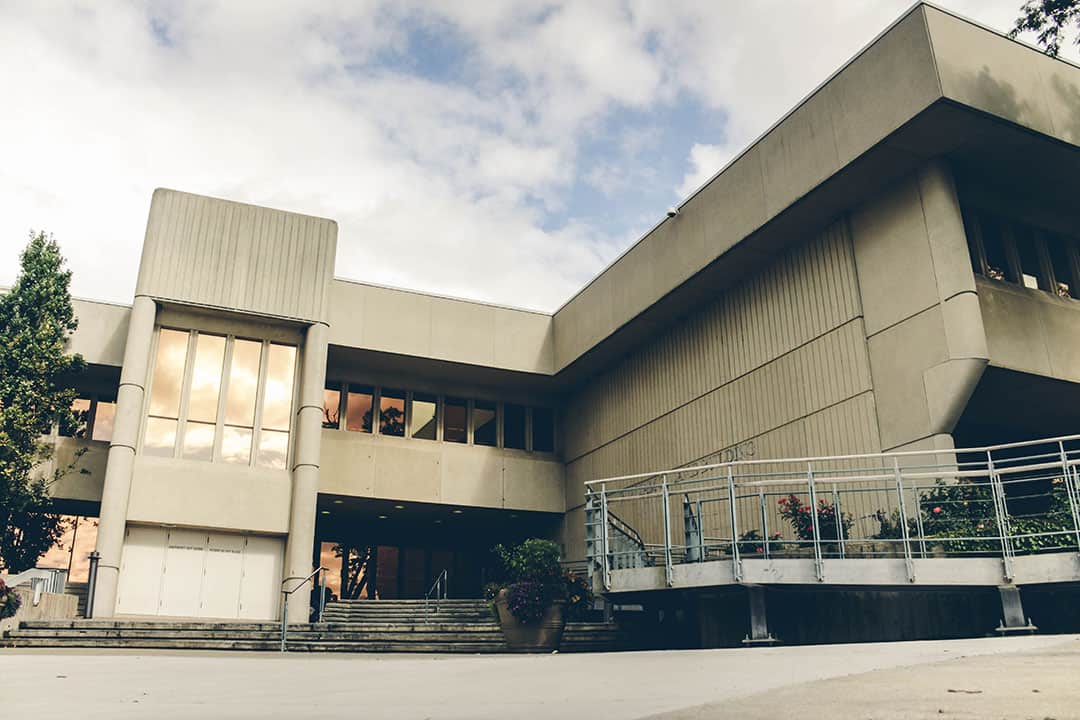UTM’s Academic Plan 2017, outlining objectives for the next five years, was submitted to the Academic Affairs Committee of the UTM Campus Council on October 23 by UTM’s Vice-Principal Academic and Dean Amrita Daniere. It concentrates specifically on improving academic environment, research, student community involvement, global citizenship, as well as innovation and sustainability.
A Strategic Planning Task Force was assembled in January to develop the plan’s goals. The task force took into account consultations with numerous stakeholders, including the departments, staff, librarians, and faculty. The task force itself was composed of a student, a librarian, and a community member, as well as staff and faculty.
In the foreword of the document containing the plan, Daniere says, “The next five years will see the campus embrace and expand the outstanding opportunities we offer all our students along with increased support for path-breaking research and initiatives. This Academic Plan sets the broad framework for achieving this compelling trajectory.”
The first goal detail looks toward “supporting a rigorous and innovative academic environment” for students. The plan proposes that UTM work on improving student-faculty ratios, hiring more instructors, enhancing retention and graduation rates of undergraduates, and expanding experiential learning opportunities.
The plan also includes the goal of presenting UTM as “a home for world-class research” and strengthening UTM’s research culture. This is to be done in part through investment in more infrastructure “while targeting a few areas for sustained support” and installing new programs at both the undergraduate and graduate levels.
The plan’s third goal is to further develop the student body’s community involvement by increasing the number of experiential and work-integrated learning opportunities and by collaborating with local and global communities, including Indigenous peoples.
Another objective is to graduate future leaders who are globally aware and able to understand different viewpoints. This is to be done by expanding international opportunities and experiences for students to study and conduct research, as well as incorporating “global and Indigenous content” directly into curriculums when suitable. An emphasis is placed on boosting diversity at UTM by “attracting diverse perspectives.”
The final objective of the plan is to create a sustainable community via innovation. To achieve this, the plan states, a culture of staff and faculty recognition must be fostered and generations of “outstanding” students must be recruited. “Strategic and mindful allocation of resources that effectively supports our academic goals will allow us to make significant progress toward creating a UTM that is even more dynamic, creative and attractive in terms of both its physical layout and intellectual infrastructure,” reads the document.
The plan would add at least 50 new faculty posts and additional staff positions over the next five years. UTM has apparently included the resources required to achieve the departmental growth, new programs, and curriculum mapping to come with the plan’s implementation in budget projections.
The Dean’s office has also drafted an Implementation Plan, detailing the 15 “specific objectives designed to attain the goals of the Academic Plan along with the strategies that will be used to achieve the objectives.” These objectives include optimizing high quality space and its allocation, implementing the recommendations of the Truth and Reconciliation Commission, and increasing financial resources.
The Academic Plan is currently going through the governance approval process before being finalized. Following submission to the Academic Affairs Committee, it will go before the UTM Campus Council for endorsement in principle on November 21, and it will end at Governing Council’s Academic Board for information and feedback two days later.


